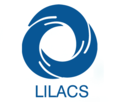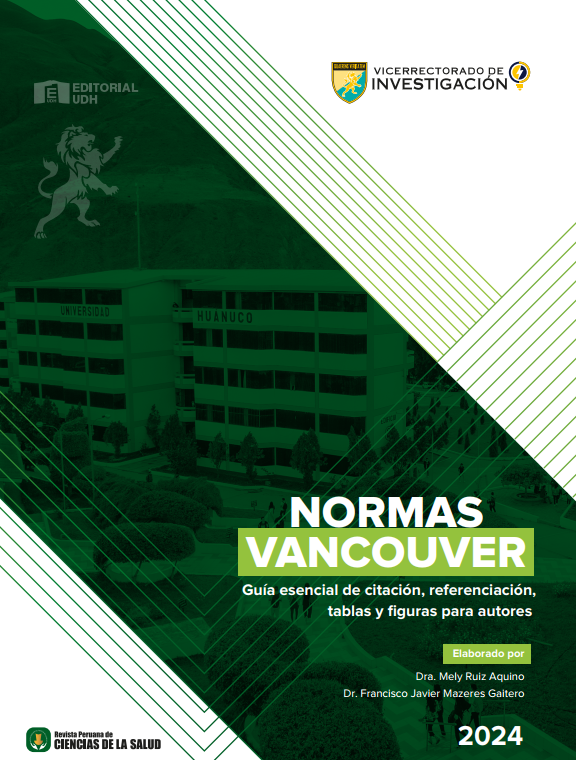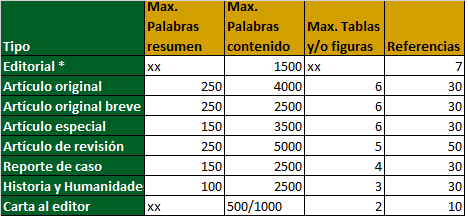Enviar un artículo
normas
|
|
|
|
|
Contáctenos Editorial: Universidad de Huánuco Dirección: Jr. Progreso nro. 650 Huánuco, Huánuco, Huánuco 10001, Perú Correo: revpercienciasdelasalud@udh.edu.pe ISSN: 2707-6954(Impreso) | 2707-6946(En línea) DOI: 10.37711/rpcs |
|
|
Los artículos publicados se encuentran disponibles en acceso abierto bajo la licencia Creative Commons Attribution 4.0 International License





















